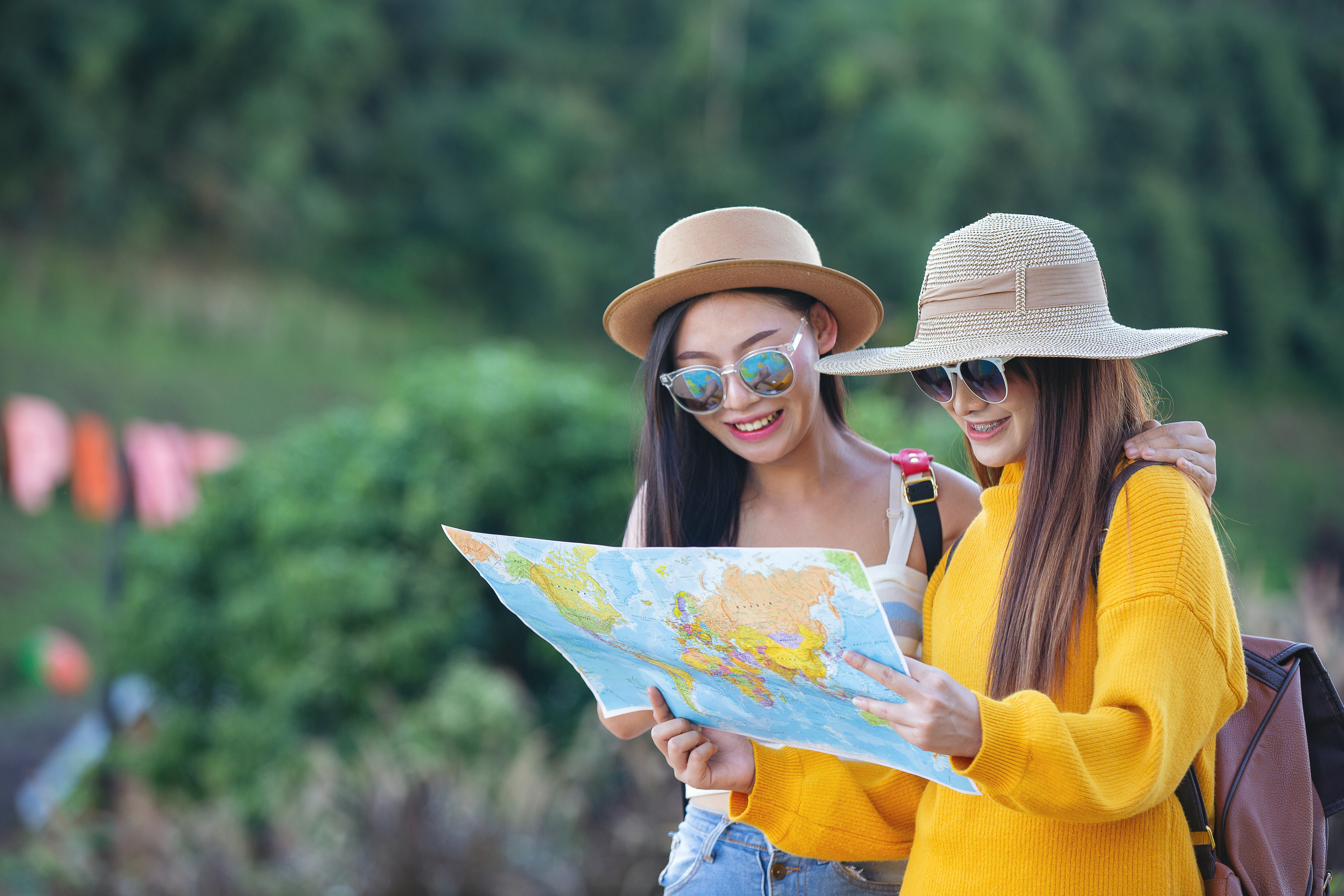Tourism Post-Pandemic: How Destinations are Reimagining Travel Experiences

The travel and tourism industry is changing dramatically as the globe comes out of the pandemic's shadow. In order to meet the changing demands and expectations of tourists, destinations that formerly prospered on traditional travel experiences are now rethinking what they have to offer. Destinations have a rare chance to not just recover from this seismic shift, but also to innovate in ways that improve the whole travel experience.
The growing emphasis on health and safety precautions is among the biggest shifts we're seeing. More than ever, travelers place a high priority on safety, and in response, travel destinations are putting strong procedures in place. Locations are making sure that guests feel safe while enjoying their time away from home by using contactless services and improved cleanliness procedures. To lessen crowding, hotels are implementing strict cleaning guidelines, eateries are providing outdoor dining options, and attractions are limiting their capacity. In addition to addressing health issues, these actions promote trust, which entices tourists to return and explore.
Furthermore, sustainable tourism is becoming more and more popular. Many people have been forced to consider their travel patterns and how they affect the environment as a result of the pandemic. By encouraging eco-friendly behaviors and responsible travel, destinations are taking advantage of this change. Sustainability is becoming a key component of many regions' tourist strategy, whether it be through the use of renewable energy sources, aiding local populations, or protecting natural environments. This promotes the long-term sustainability of these locations in addition to appealing to tourists who care about the environment.
Apart from sustainability and health, customization has become a crucial component of the reinvented travel experience. As technology has advanced, tourists now demand experiences that are customized to suit their own tastes. By using data and insights to develop personalized itineraries, destinations are enabling tourists to interact more deeply with their environment. More and more tourists are looking for experiences that align with their individual passions and interests, whether it be through tailored suggestions for places to eat, things to do, or lodging.
In the post-pandemic travel scene, cultural immersion has also gained prominence. Many tourists are keen to engage more deeply with local cultures when borders reopen. In response, travel destinations are providing genuine experiences that highlight regional customs, cuisine, and artwork. Visitors can interact with the locals through guided heritage tours, cooking courses, and artisan workshops, to name a few activities. By cultivating these relationships, vacation destinations help local economies, encourage cultural exchange, and enhance the traveler's experience.
In addition, the popularity of remote employment has changed how individuals travel. "Workations" have gained popularity as more people have the freedom to work from any location. Nowadays, tourists look for places that provide settings that are suitable for both work and play. As a result, there are now more co-working spaces, Wi-Fi-enabled public locations, and accommodations that are conducive to work. Travel destinations that serve this expanding group can take advantage of the chance to draw in a fresh generation of tourists who want to combine work and leisure.
Technology will continue to be a major factor in determining how travel develops in the future. Innovations are improving how we travel, from mobile apps that simplify the process to virtual reality previews of places. Travel is becoming safer and more convenient thanks to tech-driven solutions like augmented reality tours, mobile payments, and contactless check-ins. By adopting these innovations, destinations are positioned as progressive and flexible, which improves the passenger experience.
In the end, tourism in the post-pandemic age is about evolution rather than merely recuperation. Destinations are taking advantage of the chance to reconsider their strategies and develop experiences that appeal to modern tourists. Destinations are setting the stage for a dynamic and exciting future in travel by emphasizing health and safety, embracing sustainability, customizing experiences, encouraging cultural immersion, allowing remote work, and utilizing technology.
It's obvious that the decisions we make now will influence tourism in the future as we traverse this new terrain. Both tourists and locations have the opportunity to rethink what it means to travel the world and create significant and unforgettable interactions. As we enter this reinvented era of travel, the possibilities are as boundless as our desire to explore. The trip ahead is full of opportunity.



